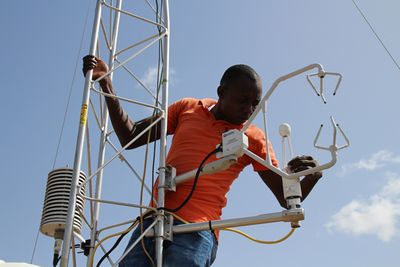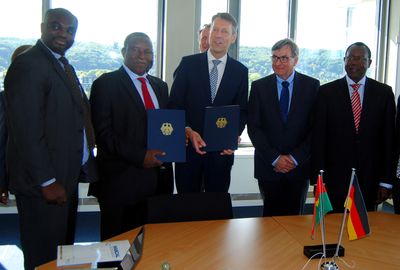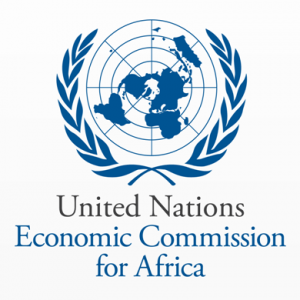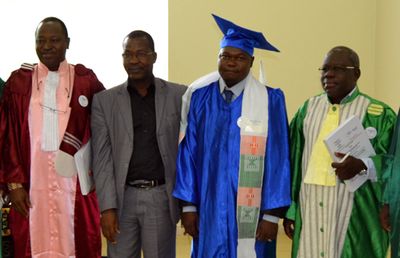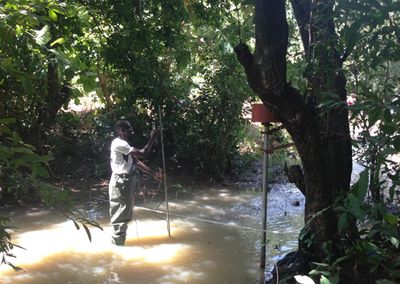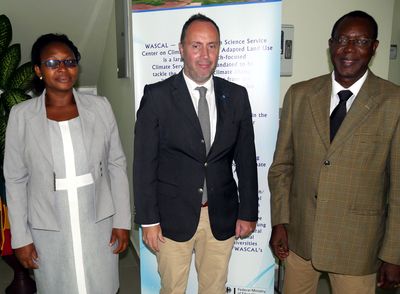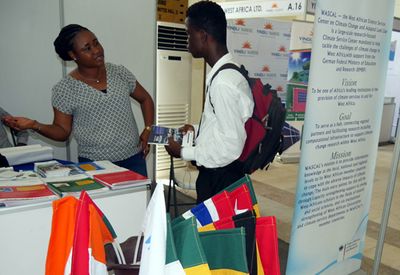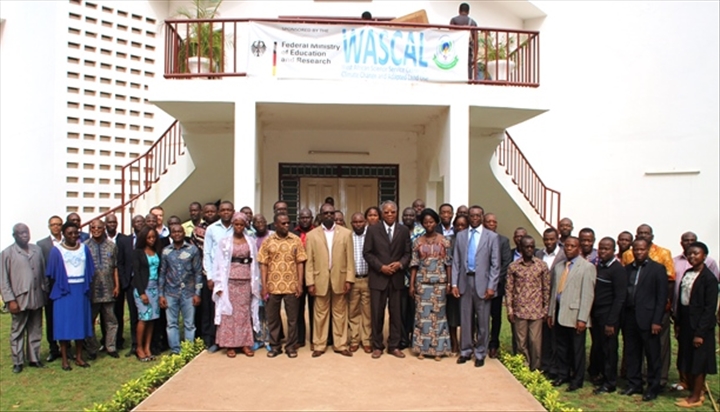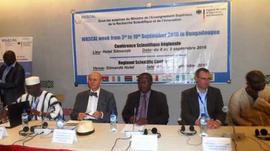A fundamental goal of WASCAL is the improvement of West African livelihoods by supporting research, capacity building and decision making with cutting-edge knowledge on climate change and adapted land use. Consequently, many research and services provision activities of WASCAL focus on the development, extension and validation of research-based methods, technologies and adaptation options in the field of hydrology, meteorology, agriculture, biodiversity, remote sensing, and climate modelling amongst others.
In light of the consolidation phase of the core research program (CRP), the WASCAL Competence Centre in Burkina Faso (WASCAL CoC) is jointly organizing a hydro-climate & remote sensing training course in partnership with its German partners KIT/IMK-IFU, University of Augsburg, DLR and DKRZ.
WHO CAN ATTEND?
WASCAL students and scientists but also up to 10 additional seats are available for other students and early career scientists working in the field of meteorology, hydrology and remote sensing.
SESSIONS & FACILITATORS:
• SESSION I- Climate and Eddy-covariance stations of the Core Research Program: Specifications, data availability & maintenance (Berger S, Salack S)
• SESSION II- Station-based precipitation database, related gridded datasets and their retrieval from WADI (Bliefernicht J, Salack S)
• SESSION III- Introduction to algorithms to retrieve precipitation information from commercial microwave link: Fundamentals, data acquisition system & algorithms (Boose Y)
• SESSION IV- Remote sensing: Selected methods and tools for derivation of land surface characteristics for West Africa, and introduction of WASCAL-EUMETCAST antenna (Gessner U, Forkuor G)
• SESSION V- Climate model data and metadata: planting, growing and harvesting in the WASCAL Data Discovery and CERA/WDCC Portals (Hamann I)
• SESSION VI- Regionally adapted and fully coupled Regional Climate Model simulations (WRF, WRF-HYDRO description, data needs, case studies) (Kunstmann H)
• SESSION VII- An analysis of high resolution regional climate simulation results and its retrieval from WADI (Olusegun C)
• SESSION VIII- Fundamental objectives and principles of RCM bias correction (Laux P, Lorenz M)
TRAINING COST
The training course is free. Funding for the course covers only training, coffee breaks and lunch for participants. Therefore, every participant is expected to bear the cost of his/her transportation, breakfast, dinner and accommodation.
OTHER CONDITIONS FOR APPLICANTS
Beside WINDOWS operating system, the potential participants must also be familiar with Linux/Unix operating system. Having a basic programming skill is an advantage (e.g. MATLAB, FORTRAN, PYTHON, bash scripting, etc.). To participate, please send a motivation letter and an updated curriculum vitae (1 page max.) to sylla.b(at)wascal.org and cc to salack.s(at)wascal.org with the subject line “CoC March training” before 28th of February 2017, 16h30 GMT.
During the coffee and lunch breaks there will be time for poster presentations and scientific discussions. The participants should therefore prepare and bring a poster to the training course showing their current research.
DATE & VENUE
The training sessions will be held from 14th to 21st of March 2017 in the Conference room of WASCAL Competence Centre, Blvd Moammar El-Khadafi, 06 BP 9507 Ouagadougou 06, Burkina Faso. The language of instruction will be English.
CONTACT
For more information please contact commey.n(at)wascal.org
TRAINING AGENDA
Table 1: Provisional schedule of hydro-climate & remote sensing training sessions at WASCAL Competence Center, 14-21 March 2017, Ouagadougou, Burkina Faso.
HYDRO-CLIMATE AND REMOTE SENSING TRAINING GENERAL INFORAMTION


